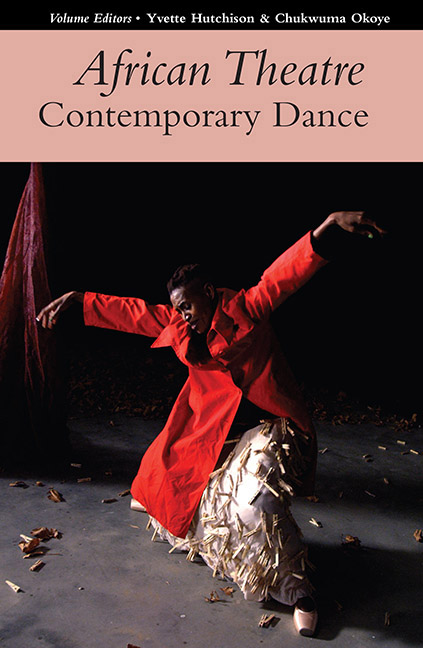Book contents
Cultural Production in a Digital Age A reflection on the adaptation of an African folktale for a young audience
from II - Open Section
Published online by Cambridge University Press: 26 July 2019
Summary
There is a current obsession with story. Whether a TED Talk or an advertisement, the received wisdom is that in order for things to engage or even sell there has to be a story. Yet storytelling, an art form once synonymous with the African continent, is allegedly dying. I am fascinated by this apparent contradiction. How is it possible that, on the one hand, it seems people are queuing up to ‘tell their stories’, and yet on the other hand, it looks like the craft that brought these stories to life appears to be waning? I have been thinking about this for some time, and these questions emerge for me:
Does the digital age mean that the way in which we want to engage with stories has changed?
Are the old stories or folktales no longer relevant?
Could we prevent folktales’ disappearance by adapting them?
As I was considering these questions, an opportunity arose for me to test out some of my hypotheses regarding whether folktales and storytelling were dying out or had already changed into a new digital form.
The threat to storytelling
What is clear is that storytelling, particularly in its oral form, which could be considered the ‘mother’ of all narrative based cultural production (Popova 2014), is under threat on the continent. Particularly in rapidly expanding urban areas, the vast majority of people no longer sit around the fire in the evening and listen to stories, a primary way in which stories were engaged with over centuries. The question remains as to how large this threat is. Although there are still people both on the continent and in the diaspora who note their profession as storytellers, some of whom make this their sole means of economic survival, what has not been adequately studied is if there are fewer storytellers, and as a consequence, fewer accompanying stories than there were, say, a hundred years ago.
There is a history of efforts to preserve stories outside of the vulnerable human body. In colonial times, priests and colonial officials wrote down and recorded stories and, in the digital era, digital media has provided a route to preserve folktales.
- Type
- Chapter
- Information
- African Theatre: Contemporary Dance , pp. 135 - 152Publisher: Boydell & BrewerPrint publication year: 2018



